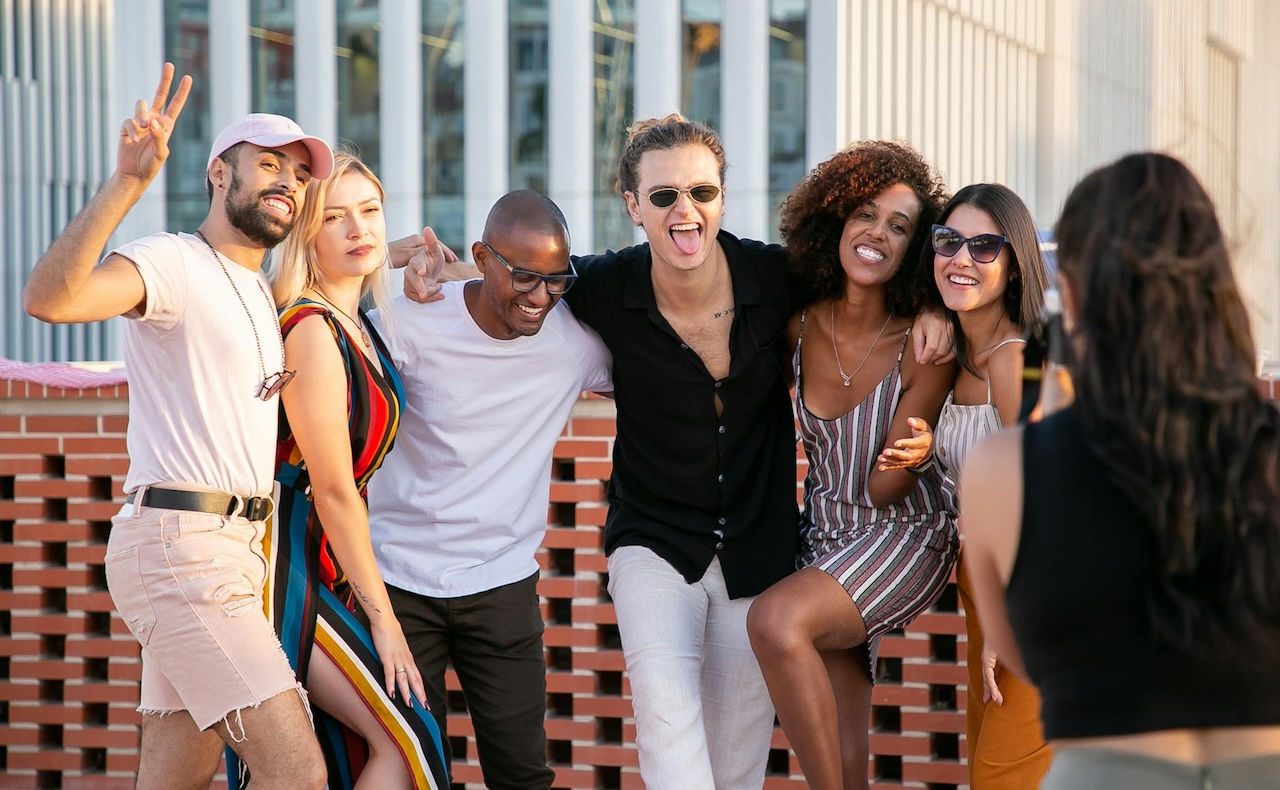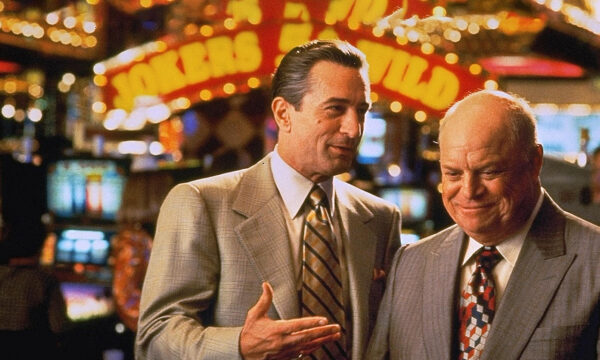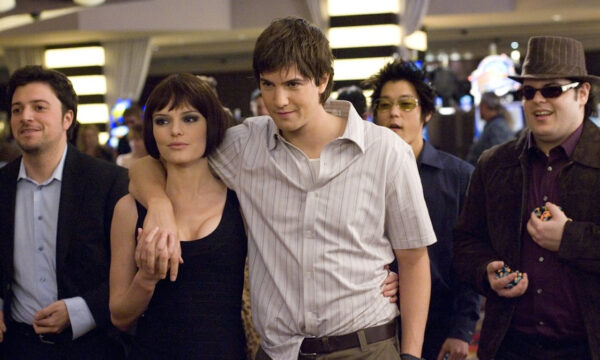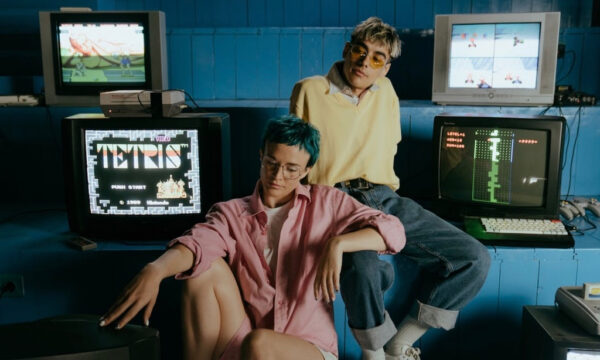Fresh ways millennials are keeping entertained

In recent years, the landscape of entertainment has undergone a significant transformation, particularly among millennials. As this generation steps away from more traditional forms of amusement, they embrace a diverse array of activities that not only entertain but also engage on a deeper, more interactive level. The digital revolution has ushered in an era where virtual and augmented realities are not just novel technologies, but essential components of daily entertainment. Social media platforms further enrich this new age of engagement, introducing challenges and trends that quickly become part of the cultural lexicon.
Moreover, there is a noticeable shift back to analogue pleasures. Board games, trivia nights, and DIY workshops are seeing a resurgence, appealing to those seeking tactile and communal experiences in a digital-dominated world. This blend of old and new encapsulates the dynamic ways in which millennials are redefining what it means to be entertained. As we explore these evolving preferences, it becomes clear that entertainment for this generation is not just a pastime but a multifaceted experience that reflects their values and the changing times. This article delves into the fresh, innovative ways millennials are keeping entertained, highlighting four key trends that stand at the forefront of this entertainment evolution.
The rise of interactive gaming experiences
Interactive gaming has evolved from the simplicity of console games to encompass fully immersive virtual reality (VR) and augmented reality (AR) experiences. This shift is transforming not just the gaming industry but how we perceive entertainment itself. VR headsets like Oculus Rift and HTC Vive are offering gamers new worlds to explore, while AR games such as Pokémon GO encourage players to interact with their real-world environment in novel ways. These technologies provide a platform for social interaction and shared experiences, particularly appealing in group settings. Gaming companies are increasingly designing VR and AR experiences – even brands such as Housebets – that cater to multiplayer setups, facilitating social gatherings and parties. This trend not only enhances the entertainment value but also promotes a communal gaming experience that was less feasible with traditional video games.
Social media challenges and online engagements
Social media platforms have become arenas for interactive entertainment, with challenges and viral trends capturing the imagination of millions. Platforms like TikTok and Instagram are at the forefront, offering tools that allow users to create content that is not just viewed but actively participated in. From dance challenges to hashtag campaigns, these platforms enable a dynamic form of engagement that keeps users entertained and connected. The impact of these social media challenges extends beyond mere entertainment; they influence fashion, music, and even politics. They also provide a sense of community and belonging, as users from around the world engage with each other’s content, fostering a global network of creativity and shared experiences. This evolution in social media has turned it into a vital part of daily entertainment for millennials, redefining how leisure time is spent in the digital age.
Revival of board games and trivia nights
Amidst the digital frenzy, there is a noticeable resurgence of board games and trivia nights among young adults seeking communal and intellectually stimulating entertainment. This revival taps into a blend of nostalgia and the inherent desire for social interaction. Games like Settlers of Catan and Codenames offer complex, strategic gameplay that fosters communication and teamwork, while themed trivia nights at local pubs and cafes provide a lively atmosphere for testing knowledge and competing in a friendly environment. These activities not only serve as an escape from the digital overload but also reinforce social bonds. The tactile sensation of board pieces and the collective excitement of trivia questions evoke cherished memories, making these old-school forms of entertainment highly appealing to millennials looking to unwind and connect with peers in a meaningful way.
DIY and creative workshops
The growing popularity of DIY and creative workshops reflects a broader trend among millennials towards personal development and meaningful social engagements. Workshops such as pottery, painting, and cooking classes are increasingly sought after, as they offer unique opportunities for learning new skills and expressing creativity in a community setting. These hands-on activities provide a therapeutic escape from the stresses of daily life and cater to the millennial penchant for experiences that are both enriching and Instagram-worthy. Furthermore, attending these workshops fosters a sense of accomplishment and connection, as participants share their creations and experiences with like-minded individuals. This trend not only highlights the desire for tangible, creative pursuits in a predominantly digital world but also underscores the importance of socialising and personal growth in contemporary entertainment choices.
Conclusion
Throughout this exploration of modern entertainment trends among millennials, we have seen a vibrant tapestry of activities that span from the immersive digital realms of VR and AR gaming to the tangible, communal joy of board games and trivia nights. Additionally, the dynamic interactivity offered by social media challenges and the personal enrichment found in creative workshops illustrate just how diverse entertainment options have become for this generation. Millennials are not only participants but also innovators in the entertainment industry, constantly pushing the boundaries of how we define and engage with leisure. Their preferences highlight a desire for experiences that are not only enjoyable but also foster a sense of community and personal growth. As this generation continues to influence market trends, the future of entertainment looks to be as diverse and multifaceted as their interests. This evolution is a testament to the changing dynamics of cultural consumption, where the lines between creators, spectators, and participants are increasingly blurred.
The editorial unit
























Facebook
Twitter
Instagram
YouTube
RSS